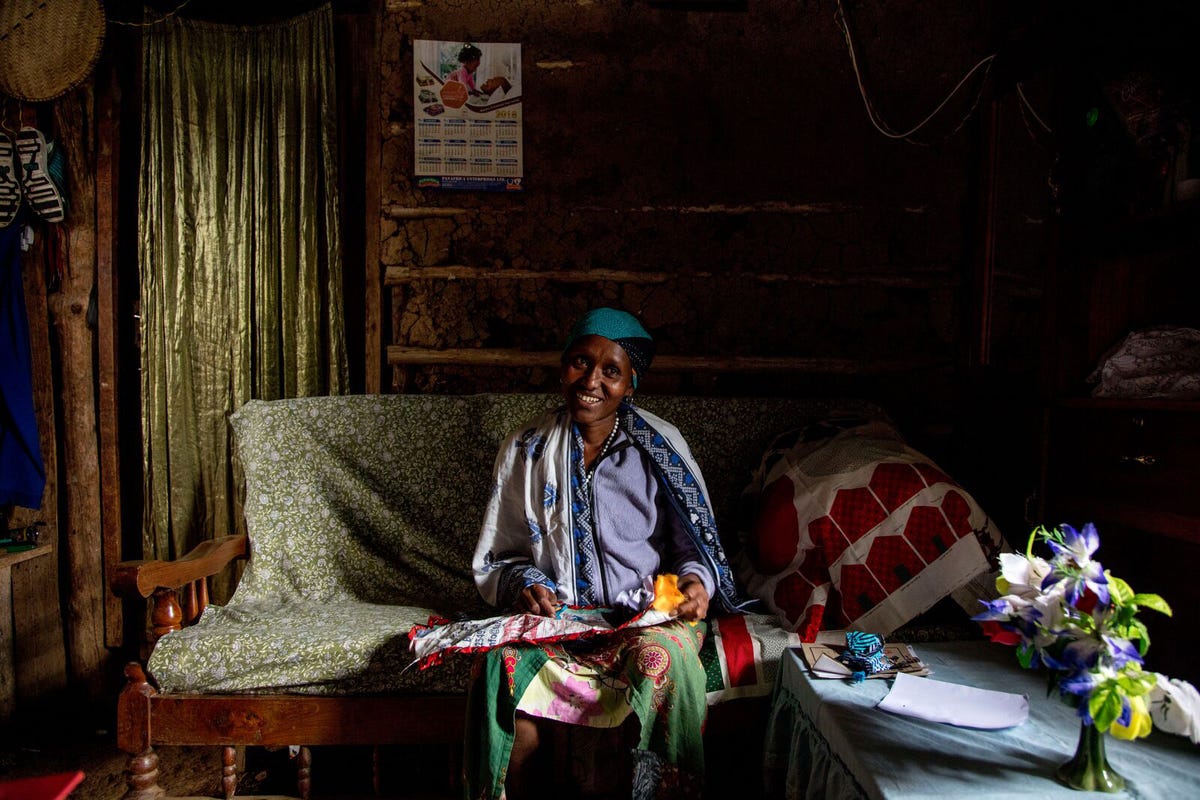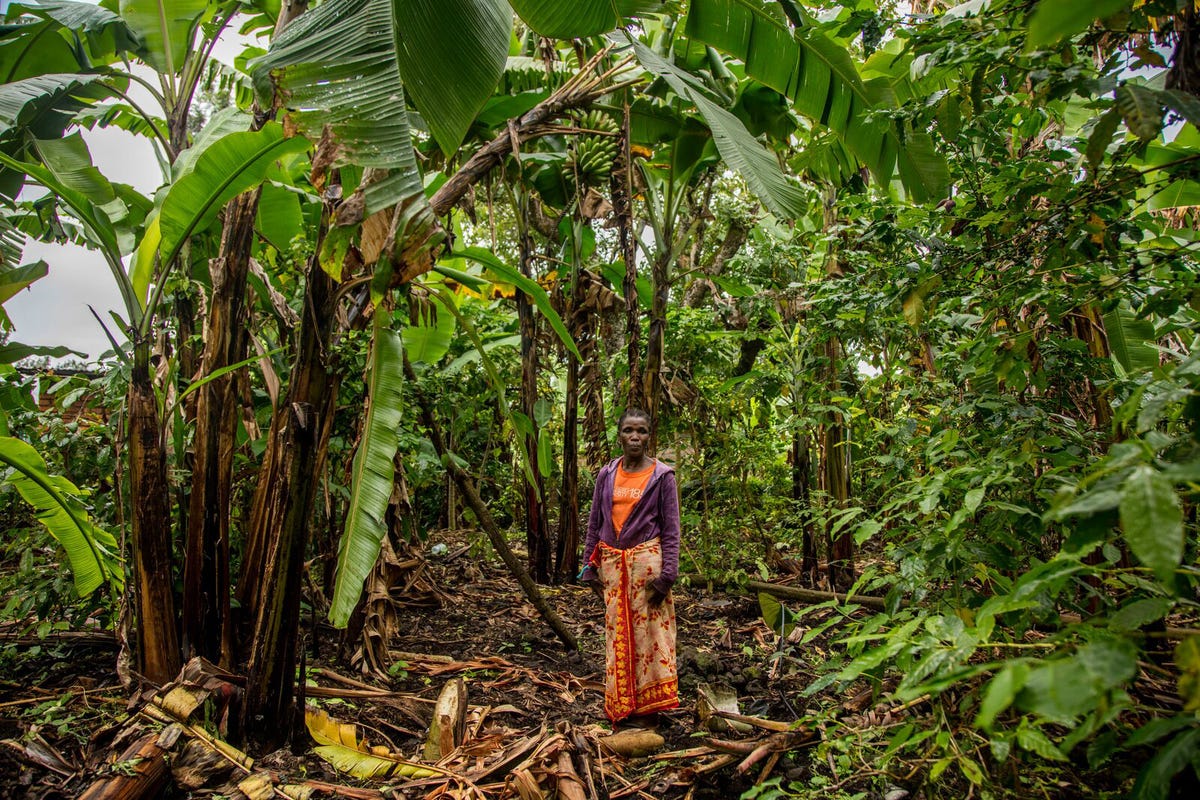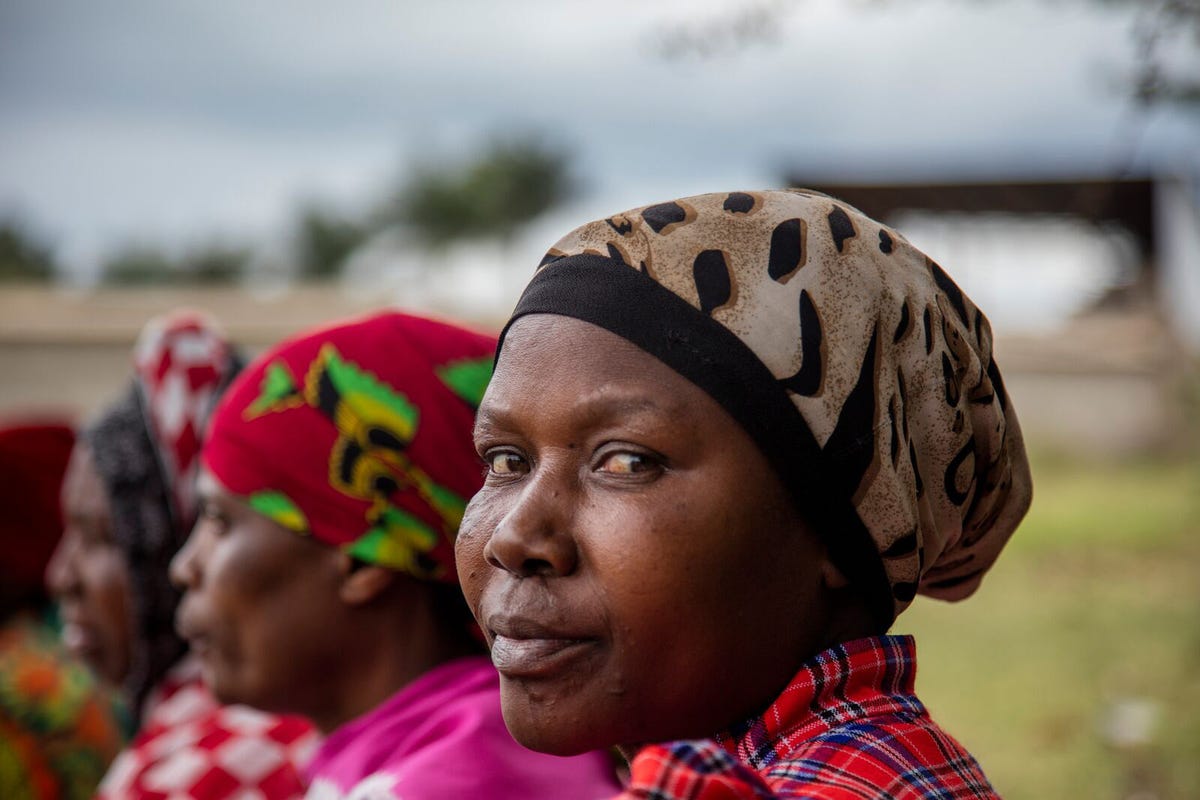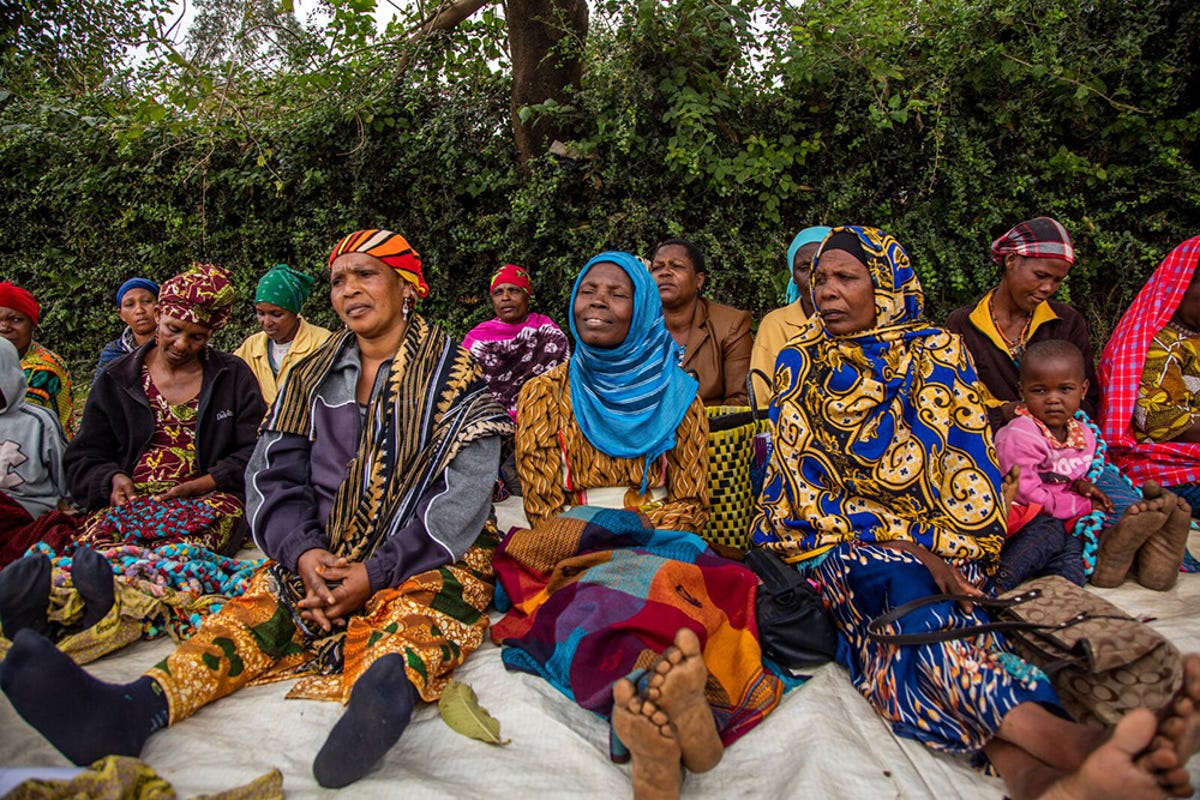Everything changed, much remained the same
The coronavirus hit Hand in Hand like nothing ever seen before. So what surprised them most was perhaps just how much remained the same even as everything changed.
© Hand in Hand / Georgina Goodwin
Hand in Hand helps women beat the odds and succeed as entrepreneurs. The money they earn and the confidence they gain changes everything. Whole families and communities rise with them.
That’s what Hand in Hand International has been doing in some of the world’s most marginalised communities since 2003. And that’s why they designed their three-year livelihoods programme centred on business, vocational and life skills training that has helped almost 4 million women launch small businesses able to stand the test of time.
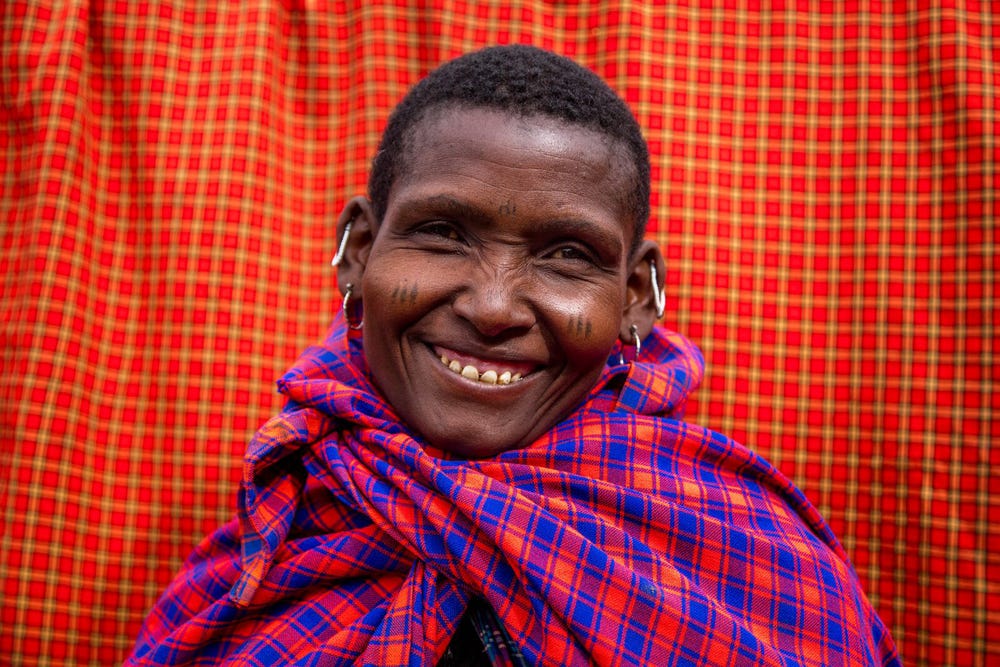
© Hand In Hand / Georgina Goodwin
The coronavirus hit Hand in Hand in much the same way it hit everyone else: like nothing we’d ever seen before . In operating countries from Afghanistan to Zimbabwe, staff downed tools on our regular programmes – training women to beat the odds and succeed as entrepreneurs – and pivoted to providing PPE and health advice to families living in hard-to-reach areas.
Hand in Hand quite literally became a different NGO overnight.
“So what surprised us most was perhaps just how much remained the same even as everything changed. Over the last 16 months, we’ve learnt first-hand that the human capacity to care for others holds fast – even deepens – during times of great crisis. We’ve learnt that empowering women with knowledge – be it how to run a business or how to keep their families safe during a pandemic – moves them from being victims of circumstance to agents of change. We’ve learnt that Self-Help Groups – typically made up of 20 or so women who save and start businesses together – are every bit as valuable as a source of social support when many of those same businesses are forced to shut. And we’ve learnt that digital financial solutions, always important but more crucial than ever when people become isolated, should be mainstreamed across our sector – now”.
Today, as the virus tears through India and other countries previously little-impacted, livelihoods programmes for the most vulnerable are becoming more and more essential.
“That’s why, having delivered soap, face masks and coronavirus advice to nearly 75,000 members during 2020, our teams are now back helping women launch resilient microbusinesses, placing fresh emphasis on loans that will help them bounce back (upping term limits, reducing collateral requirements and extending repayment periods), as well as on local and national supply chains that won’t disappear overnight.”
With savings dwindling, assets sold and businesses forced to shut, the lending environment has in fact drastically changed. For NGOs working in women’s economic empowerment like Hand in Hand, the challenge is to develop new financial tools “that are both flexible and bold enough to address this unprecedented moment head on – and to measure and share the results as widely as we possibly can”.
“We should never lose sight of another, more sobering constant: when crises strike, marginalised groups are always the hardest hit. And we must step up”.

